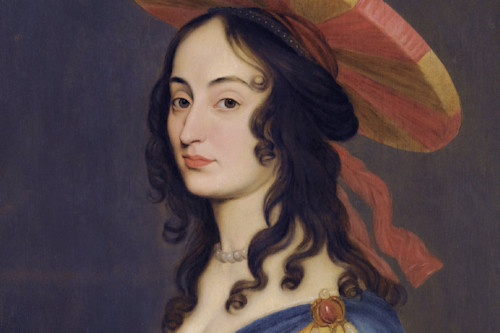Merry Wiesner-Hanks wins the 2021 Collaborative Project Award by the SSEMWG!

Every year the Society for the Study of Early Modern Women & Gender (SSEMWG) seek nominations for scholarly work on women and gender in the early modern period (ca. 1450-1750) published/completed in the past year. For this year's Collaborative Project Award, Merry Wiesner-Hanks's edited volume Challenging Women's Agency and Activism in Early Modernity was selected amongst all nominated publications!
The prize includes a certificate and a one-year membership to the SSEMWG. From all of us at Amsterdam University Press, we congratulate Merry Wiesner-Hanks and all the contributors to the book on this fantastic achievement.
What the awards committee say
The awards committee noted that Challenging Women’s Agency and Activism in Early Modernity offers fresh approaches to a well-worn, yet ever-important topic. Organized around verbs in order to access action – choosing, creating, confronting, challenging – the chapters cover a broad range of ways that early modern women created agency and that early modern society contested it. Together the chapters admirably connect women’s agency (or challenges to it) to seemingly unrelated aspects of early modern life, such as the history of intoxication, portraiture, and travel writing in East Asia. Its authors also model how newer analytical approaches, such as the material turn and the history of emotions, can animate the venerable theme of women’s agency. The book is groundbreaking not only for its insights into action and agency, but also for its trans-disciplinary perspective. Contributors span Art History, English, History, Italian Studies, and Women and Gender Studies. Resulting chapters are succinct and clear without sacrificing academic rigor, making them perfect for the classroom. There is also a much-welcomed chapter on the pedagogical implications of the history of action and agency. The result is an engaging volume that more than fulfills its editor's promise to "historicize agency, to use it as a starting point rather than a conclusion."
Table of contents and introduction PDF
Download the table of contents and introductory chapter of this book here
